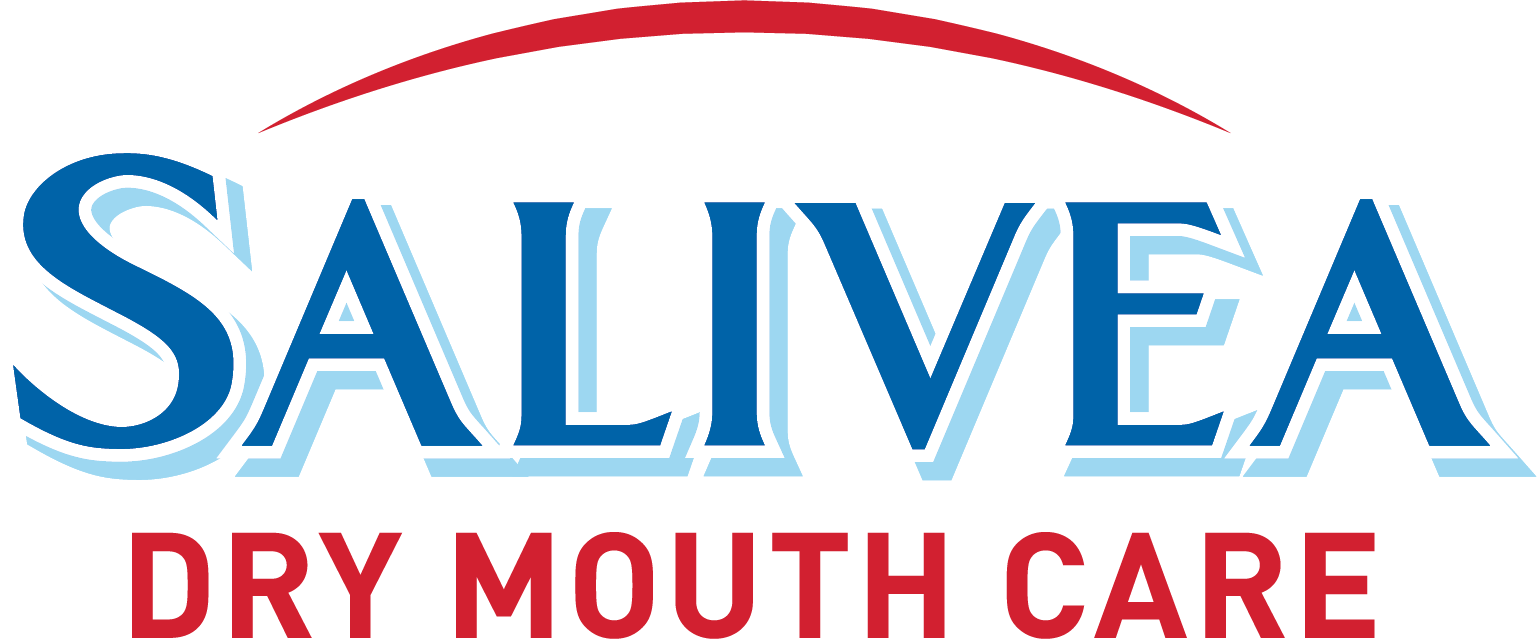The Dangers of Dry Mouth
Dry mouth is no joke. It causes serious discomfort and can kill a romantic mood—but more importantly, it affects oral health and can lead to disease. While dry mouth, also known as xerostomia, happens occasionally to most of us, when it is chronic, it can cause real damage that puts your health at risk.
Saliva plays an essential role in both our oral and overall health. It hydrates, cleanses and staves off infection by controlling bacteria and fungi. Dry mouth occurs when our salivary glands don’t produce enough saliva to keep our mouths hydrated. This impaired saliva production leads to discomfort and sets the stage for serious oral health problems.
When dry mouth is chronic, it causes some of the following conditions.
Enamel Erosion
One of the many reasons saliva is so important is that it keeps our mouths clean. It washes away food particles, eliminates harmful bacteria, restores mineral content and neutralizes acids in our mouths. Without this natural defense system that saliva provides, acids can erode enamel, the tooth’s protective layer. This weakens teeth while causing dental stains and discoloration.
Cavities
The acid erosion that takes place in the absence of saliva leaves teeth vulnerable to harmful bacteria that cause cavities. When saliva production diminishes, your mouth cannot naturally eliminate debris that can scavenge your teeth.
Tooth Decay and Infection
Saliva is rich in antibodies that prevent decay. When dry mouth results in a lack of these antibodies, it paves the way for harmful bacteria to proliferate and ultimately cause tooth decay. The spread of this bacteria also leads to fungal infections like oral candidiasis, known as oral thrush, which can spread to the roof of your mouth, gums, tonsils and even the back of your throat. Dry mouth also makes it easy for bacteria to spread to the central canals of the teeth, where the nerves and blood vessels are located. This can result in painful root canal infections that require surgery.
Gum Disease
Gum disease such as gingivitis and periodontitis is often caused by dry mouth. Gum disease increases the risk of tooth decay and can spread to the structures that support the teeth and their roots. If not treated, gum disease attacks the connective tissue and bones and ultimately leads to tooth loss. Periodontal gum disease is the primary cause of tooth loss in adults.
Poor Digestion
Persistent dry mouth makes chewing and swallowing difficult, which negatively impacts digestion.
When dry mouth occurs, take it seriously. If the condition continues for an extended period of time or recurs often, see a physician.
Click here to discover the range of Salivea oral care products that moisten and soothe dry mouth while supporting and restoring the natural defenses that saliva provides.

